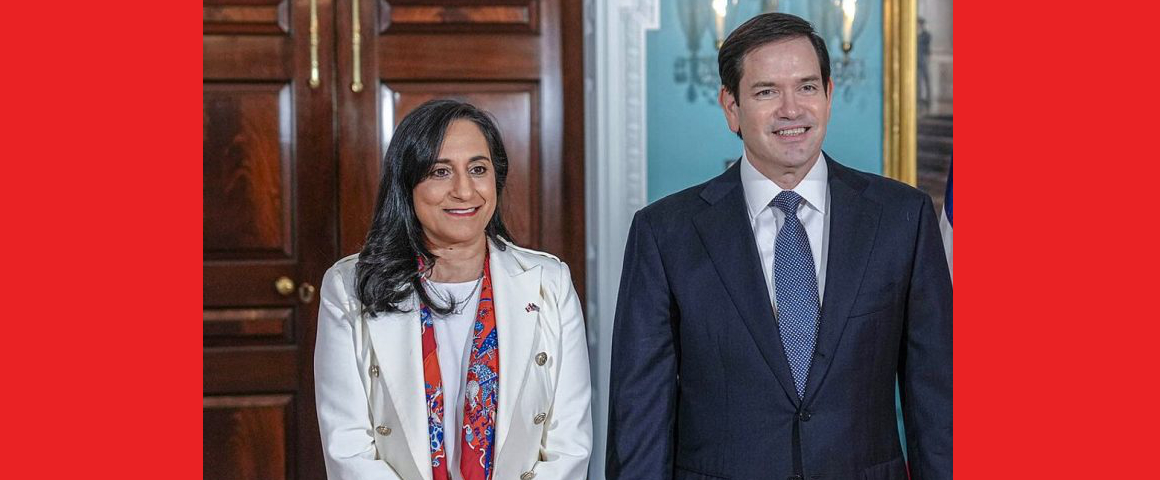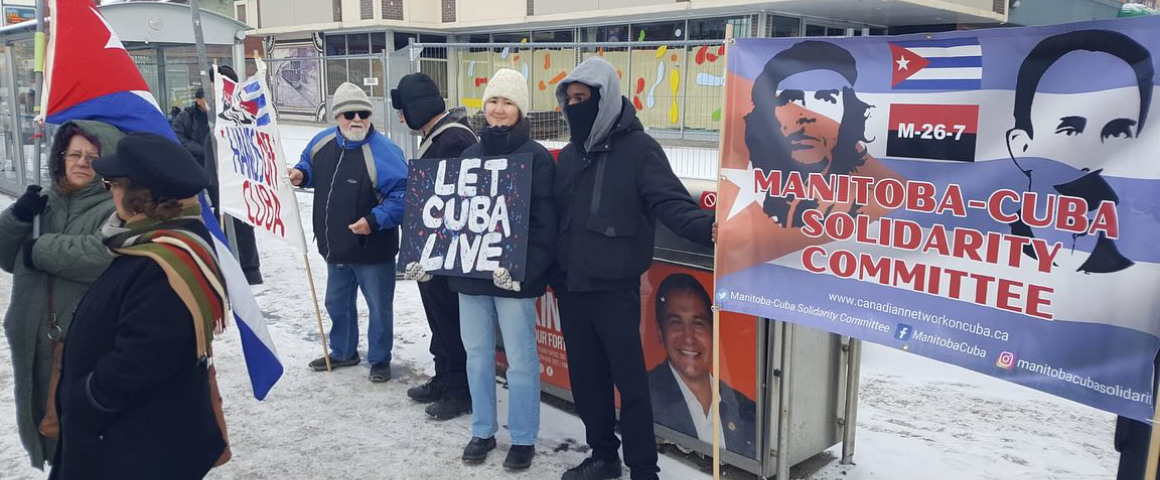On March 15, Venezuelan President Nicolas Maduro filed a formal request to the IMF for $5 billion of emergency funding to combat the COVID-19 pandemic. He wrote, “Only under the spirit of solidarity, brotherhood, and social discipline, we will be able to overcome the situation that comes our way, and we will know how to protect the life and wellbeing of our peoples.”
Predictably, but shockingly, the IMF rejected the loan request, a decision made all the more disgraceful by the fact that its Rapid Financing Instrument (RFI) fund was set up precisely to respond to emergencies like the current pandemic. The Washington-based IMF made a politicized decision that is totally contrary to its purported intentions and to Venezuela’s legitimate request.
In its unprincipled excuse for the rejection, the Fund said it was “not in a position to consider this request,” because of Juan Guaido’s self-appointment as Venezuelan president. “IMF engagement with member countries,” it said, “is predicated on official government recognition by the international community, as reflected in the IMF’s membership. There is no clarity on recognition at this time.”
The IMF has a membership of 189 countries. Venezuela has been a member since 1946 despite its intentions to withdraw in 2007. Only about 50 countries are reported to recognize Guaidó, and the majority of IMF countries recognize elected president Maduro. This leaves no doubt that the Fund decision is a response to political pressure from dominant powers like the US, Canada and several European Union countries.
Iran recently made a similar request for the same amount. It is very unlikely that the IMF will grant a loan to Iran as the Fund is seen as a “soft power tool” of the US.
The two countries’ requests for IMF special funding are particularly crucial at this time, as both are under severe US unilateral coercive measures (sanctions) that prevent them from purchasing medication and supplies necessary to confront the pandemic. Following the recent drop in oil prices to below $25 a barrel, both countries can only expect the situation to get worse.
Venezuela’s heavy reliance on loans would be unnecessary if the government had access to the financial resources it owns but which have been blocked. Through its oil blockade the US has obstructed purchases of Venezuelan oil; it has also seized Venezuela’s CITGO subsidiary, worth $8 billion. This is a huge blow for Venezuela, which receives around 90% of government revenue from the oil industry. The US government has also frozen $5.5 billion of Venezuelan funds in international accounts in at least 50 banks and financial institutions.
The US is seeking advantage in this crisis for its unrelenting goal of regime change. This makes the IMF abandonment of Venezuelans to the pandemic all the more shameful.
[hr gap=”10”]
Support socialist media!
If you found this article useful, please consider donating to People’s Voice.
We are 100% reader-supported, with no corporate or government funding.




